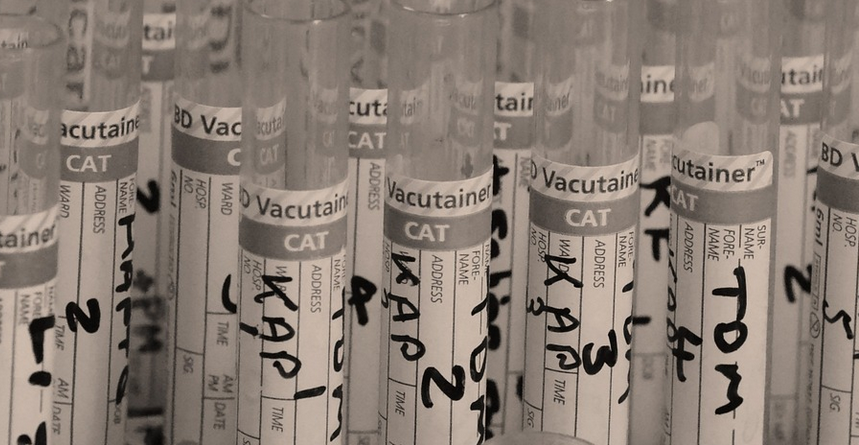Introduction
Chemistry is a complex and demanding field that requires accuracy and precision in all aspects of experimental work. However, despite careful planning and execution, experimental errors can occur, leading to inaccurate or unreliable results. In this article, we will explore the different types of experimental errors that can occur in chemistry, their causes, and how to prevent or minimize them.
Types of Experimental Errors
Experimental errors in chemistry can be broadly categorized into two types: systematic errors and random errors. Systematic errors are caused by flaws in the experimental setup or procedures and can lead to consistently biased results. Random errors, on the other hand, are caused by chance and can occur unpredictably, leading to fluctuations in the results.
Systematic Errors
Systematic errors can be caused by a variety of factors, such as equipment calibration errors, environmental factors, or flawed experimental design. For example, if a balance used to weigh samples is not calibrated correctly, all measurements made with that balance will be consistently inaccurate. Similarly, if the temperature or humidity in the laboratory fluctuates during experiments, it can affect the results.
Random Errors
Random errors are caused by chance and can occur unpredictably. They can be caused by factors such as variations in sample size, measurement precision, or human error. For example, if a chemist accidentally spills a small amount of a reagent during a titration, it can affect the final result.
Preventing Experimental Errors
Preventing experimental errors requires careful planning and execution of experiments. Some of the measures that can be taken to prevent or minimize experimental errors include:
Equipment Calibration
All equipment used in experiments should be properly calibrated and maintained to ensure accurate measurements.
Experimental Design
Experimental design should be carefully planned to minimize the potential for errors. This includes selecting appropriate controls, replicates, and statistical analysis methods.
Training and Supervision
All researchers involved in experiments should receive proper training and supervision to ensure that they follow established protocols and procedures.
Data Analysis
Data analysis should be carefully conducted to identify and correct any errors or anomalies in the results.
Conclusion
Experimental errors in chemistry can have a significant impact on the accuracy and reliability of results. However, by understanding the different types of errors and taking measures to prevent or minimize them, chemists can ensure that their experimental work is accurate and reliable. By following established protocols and procedures, conducting careful planning and execution of experiments, and carefully analyzing data, chemists can minimize the impact of experimental errors and produce high-quality results.

